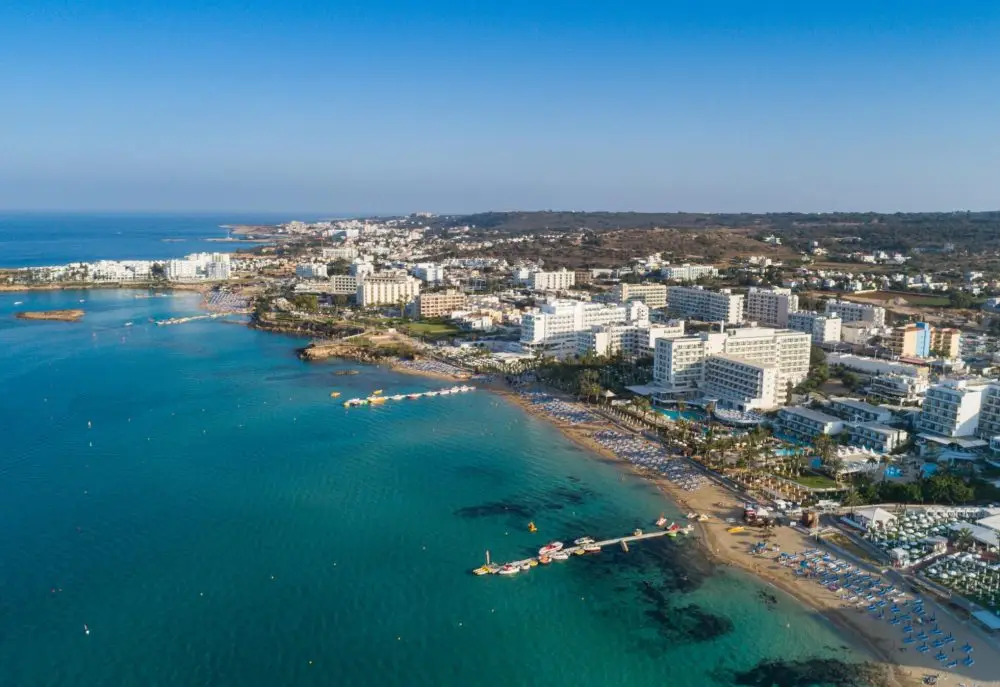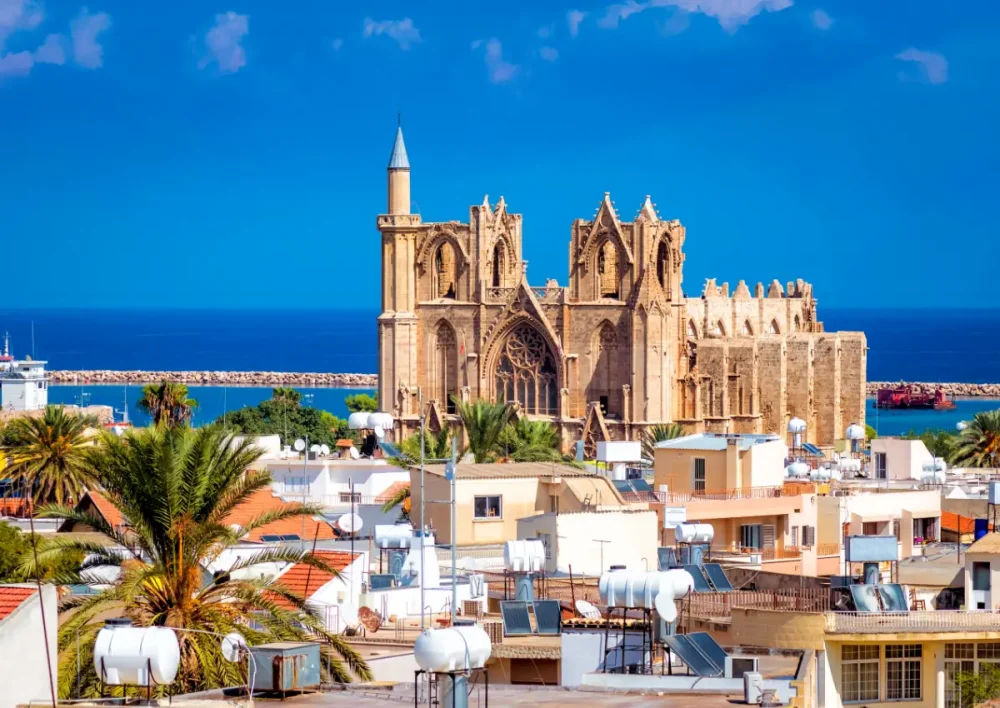In the category of luxury real estate, there is an invisible but rigid hierarchy. What is premium-class housing is not a label, but a standard at the intersection of architecture, engineering, and market logic. This format has long gone beyond the showcases of real estate terms. It is not confused with elite class and not equated with business class. It lives by its own rules.
What is premium-class housing: classification of high-budget real estate
All luxury real estate is distributed according to architectural, engineering, legal, and consumer characteristics. Understanding what premium-class housing is helps to compare it with neighboring categories.

The difference between business and premium housing is manifested in the approach to details. If the business format is limited to enhanced sound insulation, transport accessibility, and basic architectural aesthetics, then the premium class shapes the concept of a life scenario with an emphasis on silence, privacy, and status.
Premium class vs elite class is not a struggle for price, but a division in essence. Elite housing is a point development in locations with historical context (Prechistenka, Kamenny Island, Maritime Facade). Premium is oriented towards modern architecture, functionality, and scale. Here, they do not collect apartments with views – here, they live in comfort.
Architecture and engineering: the face of the standard
The architectural appearance of a premium house is always a choice in favor of an author’s project. Architects shape the building’s appearance for a specific region and climate. Examples include residential complexes Level Prichalny (Moscow), ART Residential Complex (St. Petersburg), where the architecture is based on modern glass facades, panoramic glazing, and terraces.
What is premium-class housing is monolithic buildings from a trusted developer, designing not just a box, but a large-scale object with elaborate engineering: a “smart home” system, supply and exhaust ventilation, individual thermal points, water and air purification.
The area of such apartments is from 80 m². For apartments – from 50 m², but only with high ceilings (3+ meters), isolated bedrooms, and panoramic views.
Location: not nearby, but within infrastructure
The key criterion is location. Premium housing is not built in “developing areas” with potential, but integrated into established neighborhoods with rich infrastructure: kindergartens, private schools, gastronomy, fitness, theaters, museums, private clinics.
For example, the Neva Towers Residential Complex (Moscow City): within an 800-meter radius includes three business centers, two shopping malls, three premium restaurants, schools, and the metro.
Finishing as an argument: not just with marble
The market no longer considers natural stone and engineered wood as a marker of quality. Today, finishing is not about expensive materials, but about reasonable solutions.
It is important not only the renovation itself but also its logic. The right premium always offers a choice: white box, finished finishing, or designer solutions with ready-made furniture and appliances.
Developers collaborate with agencies like D&K, iRooms, Design Solutions. Examples: the Dom na Mosfilmovskoy Residential Complex and Presnya City, where finishing according to an author’s design project is included in the price and completed before handing over the keys.
Infrastructure: not an addition, but a core
Service and internal infrastructure have long ceased to be bonuses and become a standard. The absence of security, stroller rooms, or a fitness room deprives a project of premium status.
The complex must include:
- children’s rooms and private courtyards;
- bike parking and workshops;
- coworking areas and meeting rooms;
- cleaning service and security system;
- video surveillance, reception, lounge.
The developer of a premium property always uses a project with an elevated standard of improvement and does not skimp on public spaces. Every detail is important here: benches from domestic manufacturers, tiles that do not slip even in November, parking lighting without flickering.
Parking and security: a zone without compromises
Parking in premium housing is not just parking spaces, but part of the security and status system. A minimum of 1.5 spaces per apartment, automatic gates, access by recognition, a lift to the floor of the apartment, ventilation, and charging stations for electric cars.
Modern premium-class projects (for example, Residences Skolkovo or City Bay) offer mechanized parking, automatic car washes, video surveillance. Security ensures protection not only of the perimeter but also of internal premises, including floors and elevator areas.
Premium housing buyer: motivation and logic
The buyer of this segment acts rationally. The main criterion is not the area but the level of standard. Among the motivations are quality of life, capital protection, risk minimization in resale.
Properties in this segment are often purchased for long-term living, not for investment. The average rental rate is 4-5% per annum, payback period is from 20 years. It is not a speculative but a valuable product. For the buyer, it is predictability, service, independence from market fluctuations.
Difference between “premium” and “elite” housing: where is the line
There is no clear formal boundary, but the difference is obvious. Elite housing is limited by uniqueness – historical buildings, restoration, a limited number of apartments (up to 30 in a building), a closed club format.
Premium chooses scale: projects with 100-300 apartments with the same level of quality but without museum status. Here, economic laws operate: demand grows depending on prices for business class, not on the historical value of the building.
Pricing and cost assessment
Price is influenced not only by area or region. It is important how accurately the project corresponds to the classification of luxury housing: location, engineering, finishing, security, parking, service.
If an object is declared as premium but does not provide a closed territory, does not provide its own infrastructure, and does not confirm the developer’s status – the price loses justification.
The market reacts quickly. It is enough for one project out of 10 to be below expectations for the entire reputation of the class to be shaken. Therefore, the assessment of an object always goes through a combination of parameters. Not by words, but by numbers.
Project and implementation: compliance check
The project of a premium house does not go through inspiration but through meticulous calculation. Architects analyze traffic, noise levels, wind direction, insolation, and the density of surrounding development.
The developer approves the project taking into account not only future profit but also future market demands in 5-10 years. Therefore, what premium-class housing is primarily about is the precision of design.
If engineering solutions do not include a ventilation system with heat recovery, access automation, sound insulation above standards – the object does not fall into the category. Simplifications are not allowed. Every element – from the elevator hall to pedestrian navigation – must meet the audience’s expectations.
What is premium-class housing: characteristics
What is premium-class housing is not a rhetorical question but measurable by specific parameters. The segment sets a high bar for each element: from architecture to legal transparency.
The main characteristics of premium-class housing:

- Architecture – individual projects with non-standard facade geometry.
- Region – top locations with high accessibility index and minimal noise level.
- Developer – developers with a portfolio of no less than 5 premium properties in the last 10 years.
- Infrastructure – closed territory with security, concierge service, fitness, lounge areas.
- Area – from 80 m² with ceilings from 3 m, layouts without load-bearing walls inside apartments.
- Finishing – designer renovation or white box with all engineering systems in place.
- Parking – underground, heated, with a lift to the apartment floor.
- Documentation – registered property rights, transaction transparency, land history.
- Price – from $4,500/m² in regions, from $7,500/m² in Moscow, from $7,000/m² in Dubai.
Each of the listed parameters influences the perception of the object’s level and builds trust in the project even at the selection stage. It is the combination of these characteristics that determines what premium-class housing is in real, not nominal terms.
What is premium-class housing: conclusions
What is premium-class housing is not just square meters and panoramic facades but a system of solutions where every detail works for comfort. Here, they value not the render but the engineering foundation, infrastructure, and perspective. The price is justified only when the developer confirms the declared level with quality, not promises.
 en
en  ru
ru  de
de  ar
ar  es
es  nl
nl  hi
hi  fr
fr  it
it  pt
pt  el
el 



